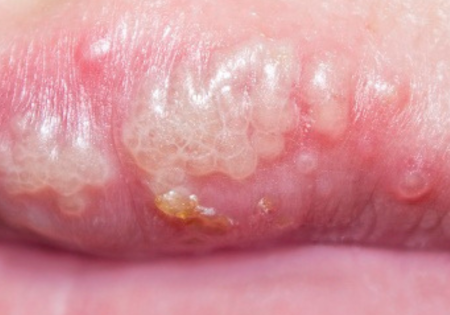The phrase “Eating salt puts your health at risk” alludes to the possible drawbacks of a diet high in salt. Excessive consumption of salt has been connected to a number of health issues, such as dehydration, kidney damage, high blood pressure, fluid retention, osteoporosis, and stomach cancer.
Consequently, it’s critical to limit salt consumption in order to preserve general health and lower the chance of developing certain disorders.
- High Blood Pressure: Consuming too much salt is linked to elevated blood pressure, which raises the risk of heart disease, stroke, and other cardiovascular issues in addition to causing hypertension.
- Damage to the Kidneys: The kidneys suffer damage when they have to work harder to remove too much sodium from the blood. This may eventually result in renal impairment and injury.
- Fluid Retention: Because salt draws water, it can make the body hold on to extra fluid, which can cause bloating, swelling, and discomfort—especially in people who already have heart problems or kidney disease.
- Osteoporosis: Consuming a lot of salt may cause the urine to lose more calcium, weakening bones and raising the chance of developing the disorder, which is characterized by brittle, easily broken bones.
- Stomach Cancer: Due to salt’s potential to irritate the stomach lining, some research indicates that a diet heavy in salt may be associated with an increased risk of stomach cancer.
- Dehydration: Although salt draws water, if you eat too much of it without drinking enough water, your body will try to slake the excess sodium by pulling water from your cells.
In conclusion, consuming too much salt can be harmful to one’s health in a number of ways, such as elevated blood pressure, kidney damage, fluid retention, weakened bones, an increased chance of stomach cancer, and dehydration. It’s crucial to use salt sparingly and to be aware of its hidden sources, which include processed foods and restaurant meals.







